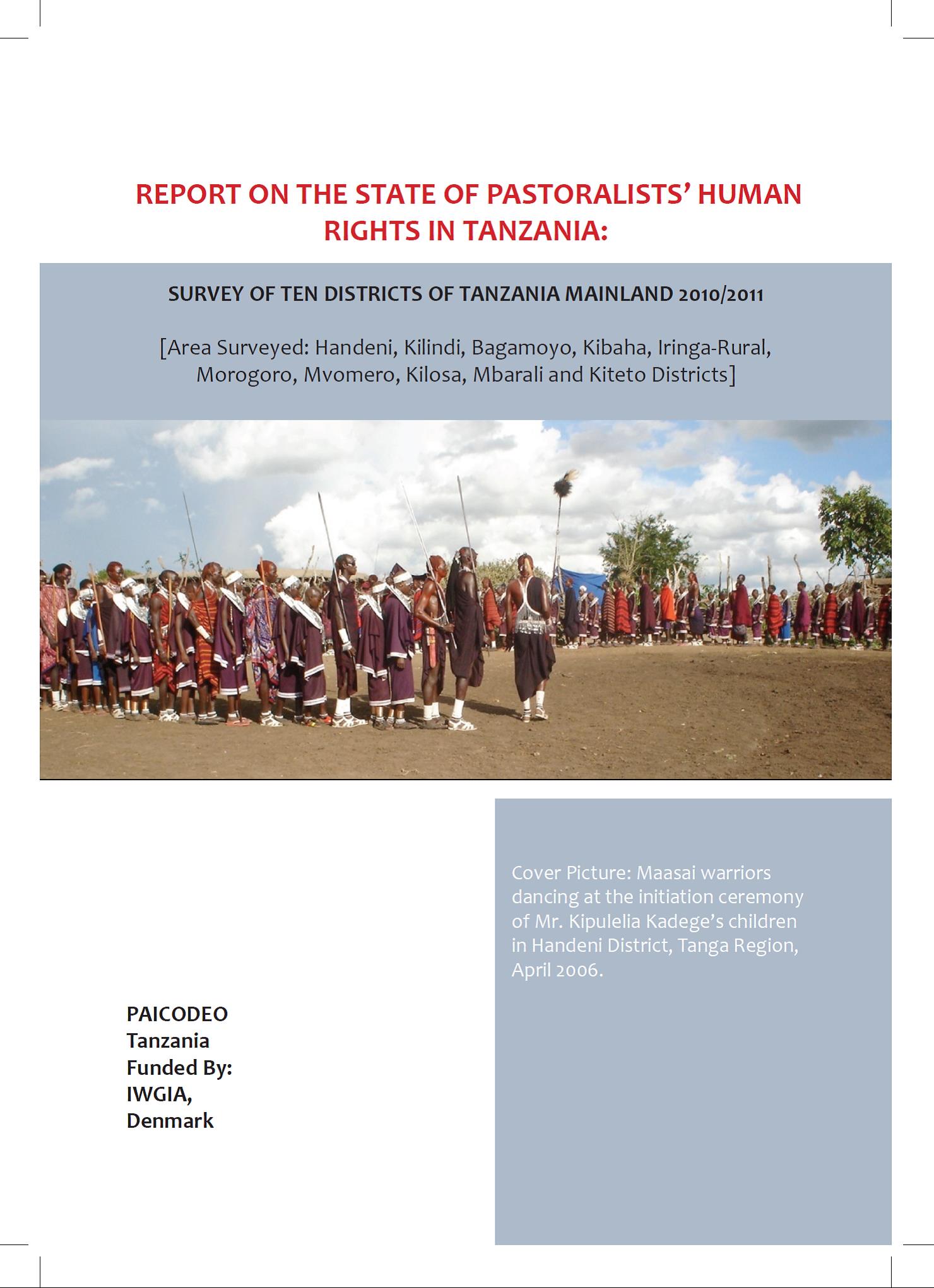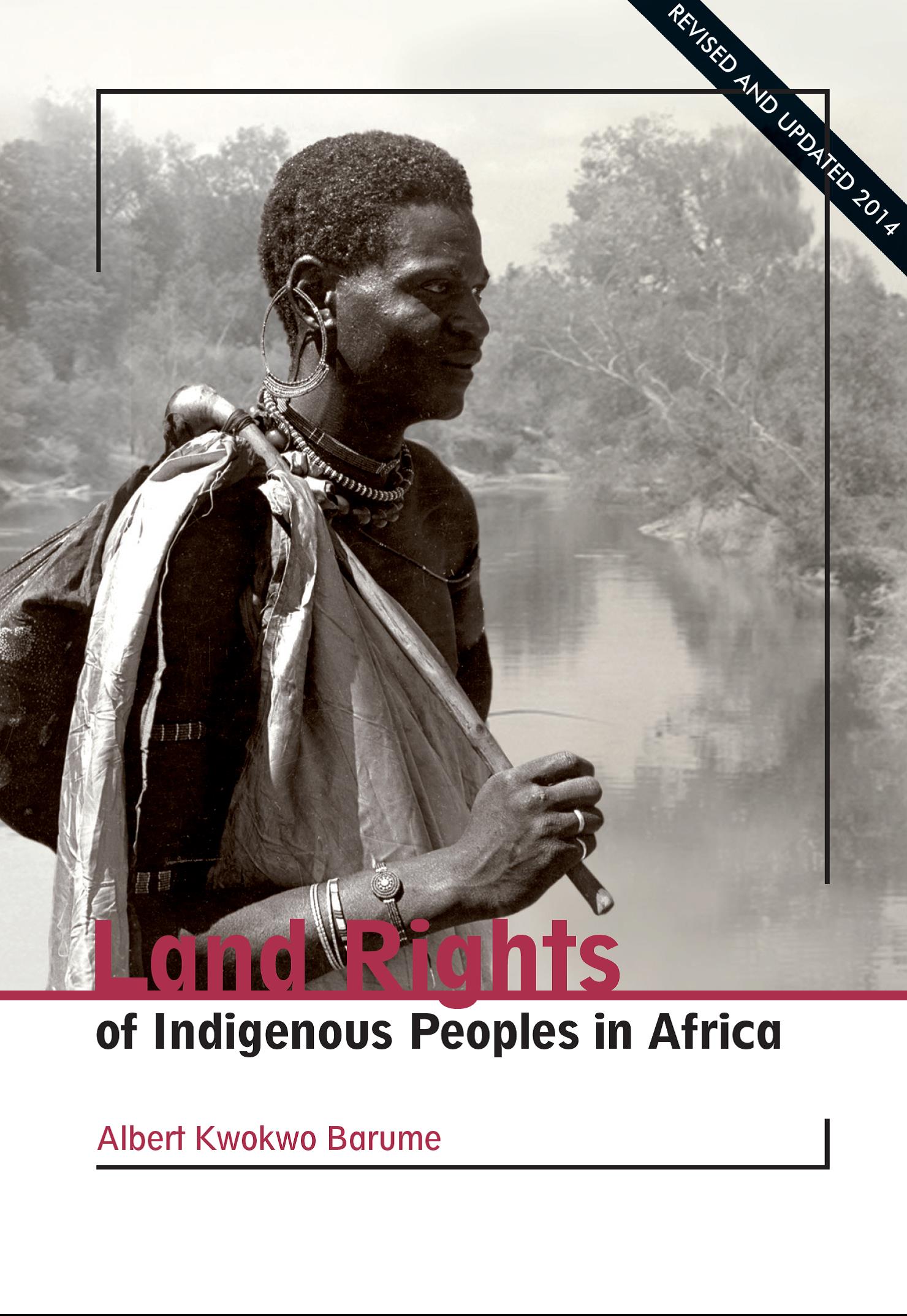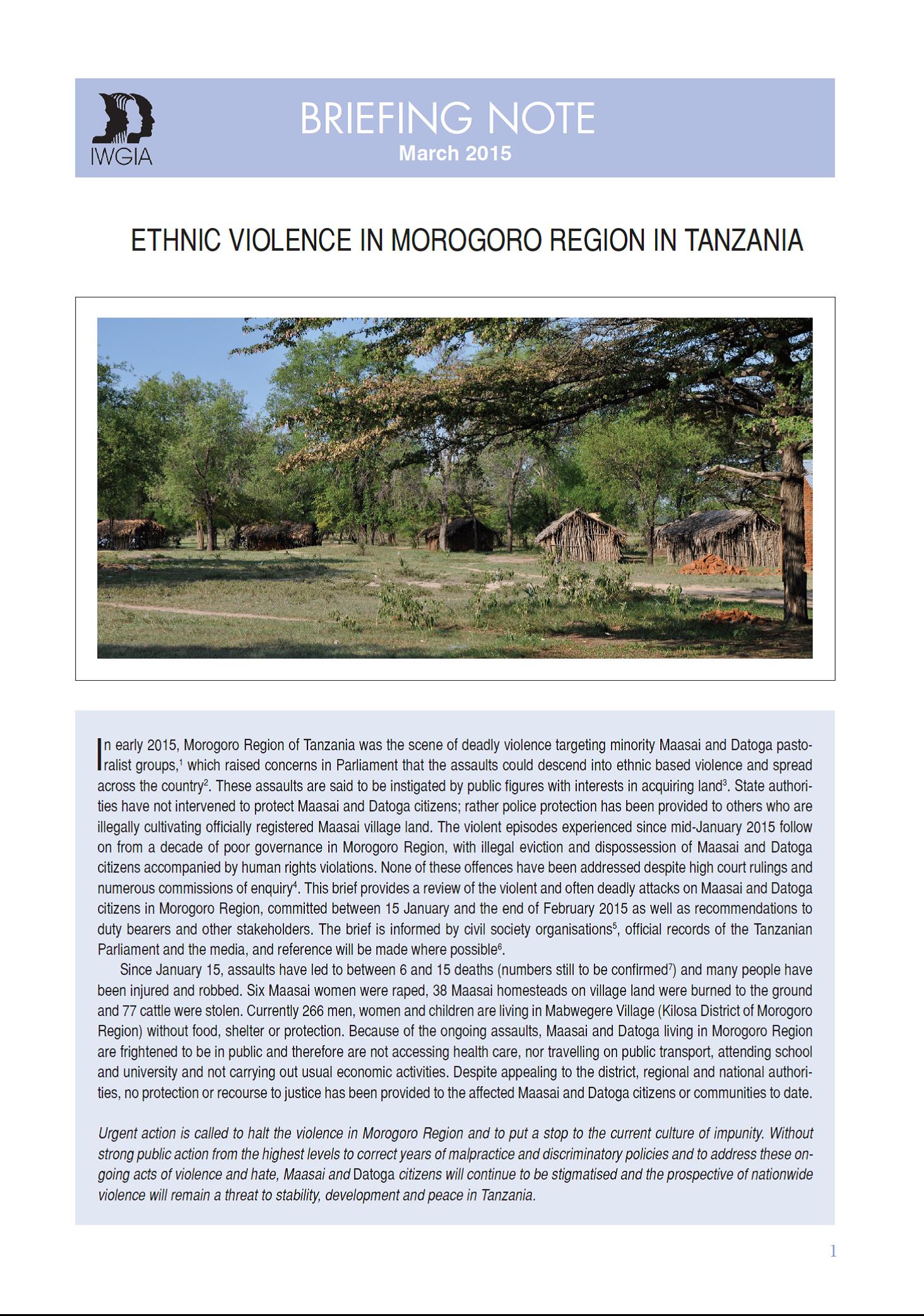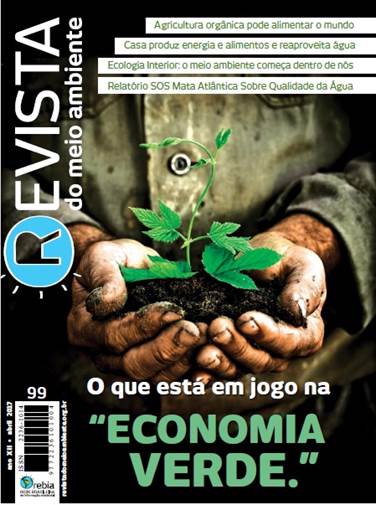Report on the State of Pastoralists´Human Rights in Tanzania
Pastoralists in Tanzania are suffering from many human rights violations, including forced evictions from their lands. This report gives a comprehensive analysis of the human rights situation of indigenous peoples in Tanzania, and documents cases of human rights violations against Maasai pastoralists during 2011.
The information contained in this report is a result of a comprehensive survey and human rights analysis, which used both primary and secondary data collection methodologies covering a total of 10 districts and 18 villages.




